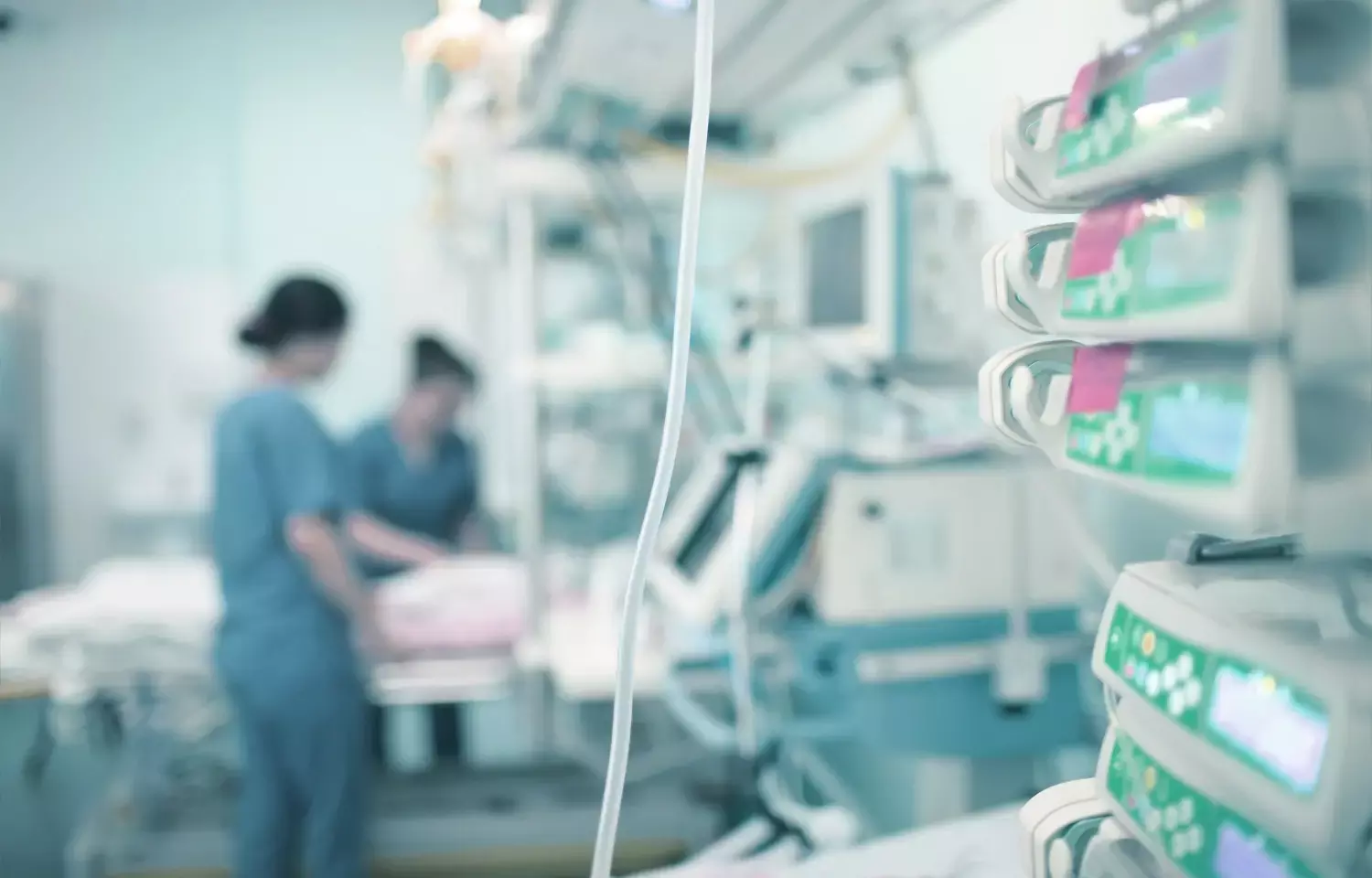- Home
- Medical news & Guidelines
- Anesthesiology
- Cardiology and CTVS
- Critical Care
- Dentistry
- Dermatology
- Diabetes and Endocrinology
- ENT
- Gastroenterology
- Medicine
- Nephrology
- Neurology
- Obstretics-Gynaecology
- Oncology
- Ophthalmology
- Orthopaedics
- Pediatrics-Neonatology
- Psychiatry
- Pulmonology
- Radiology
- Surgery
- Urology
- Laboratory Medicine
- Diet
- Nursing
- Paramedical
- Physiotherapy
- Health news
- Fact Check
- Bone Health Fact Check
- Brain Health Fact Check
- Cancer Related Fact Check
- Child Care Fact Check
- Dental and oral health fact check
- Diabetes and metabolic health fact check
- Diet and Nutrition Fact Check
- Eye and ENT Care Fact Check
- Fitness fact check
- Gut health fact check
- Heart health fact check
- Kidney health fact check
- Medical education fact check
- Men's health fact check
- Respiratory fact check
- Skin and hair care fact check
- Vaccine and Immunization fact check
- Women's health fact check
- AYUSH
- State News
- Andaman and Nicobar Islands
- Andhra Pradesh
- Arunachal Pradesh
- Assam
- Bihar
- Chandigarh
- Chattisgarh
- Dadra and Nagar Haveli
- Daman and Diu
- Delhi
- Goa
- Gujarat
- Haryana
- Himachal Pradesh
- Jammu & Kashmir
- Jharkhand
- Karnataka
- Kerala
- Ladakh
- Lakshadweep
- Madhya Pradesh
- Maharashtra
- Manipur
- Meghalaya
- Mizoram
- Nagaland
- Odisha
- Puducherry
- Punjab
- Rajasthan
- Sikkim
- Tamil Nadu
- Telangana
- Tripura
- Uttar Pradesh
- Uttrakhand
- West Bengal
- Medical Education
- Industry
Low dose dexmedetomidine good enough to relieve emergence agitation in children: Study

Lower dosage of dexmedetomidine with sevoflurane anesthesia showed equal effectiveness to relieve emergence agitation (EA) without the need for a larger dose in general post-operative period, reveals a new study. The study was designed by the team of anesthesiologist from Pondicherry to compare the different doses of dexmedetomidine including pain and hemodynamic assessment during the postoperative period and was published in the Indian Journal of Anesthesia on 23 July 2021.
Sevoflurane, the commonly used pediatric inhalation anesthesia is strongly associated to EA due to its solubility and rapid recovery. Dexmedetomidine is a proven agent to reduce Post-operative EA with Sevoflurane and also reduces the need for additional anesthetic agents.
The study included 80 children (40 in each group) of 5 to 14 years, undergoing adenotonsillectomy or tonsillectomy under sevoflurane anesthesia. They were randomly divided into Group A who received 0.3 µg/kg/h of dexmedetomidine, and Group B who received 0.5 µg/kg/h of dexmedetomidine after a bolus dose.
Highlights of the study included:
There was no statistically obvious difference in time for extubation among the groups.
The mean Pediatric Anesthesia Emergency Delirium (PAED) of both the groups were comparable and varied at specific time intervals.
There was no significant difference in the mean objective pain score between the two groups.
Hemodynamic parameters of both groups were examined throughout, and it was found out that the Heart Rate and Mean Arterial Pressure stayed within 20% of their baseline levels.
In conclusion the author recommends a smaller dose of dexmedetomidine as sufficient to provide adequate relief from emergence agitation since both the doses in this study resulted equally effective.
Source
Ramachandran A, Palanisamy N, Vidya MV, Zachariah M, George SK, Ranjan RV. Comparison of dexmedetomidine in two different doses on emergence agitation in children under sevoflurane anaesthesia: A double blind randomised controlled trial. Indian J Anaesth 2021;65:519-24
Medical Dialogues consists of a team of passionate medical/scientific writers, led by doctors and healthcare researchers. Our team efforts to bring you updated and timely news about the important happenings of the medical and healthcare sector. Our editorial team can be reached at editorial@medicaldialogues.in.
Dr Kamal Kant Kohli-MBBS, DTCD- a chest specialist with more than 30 years of practice and a flair for writing clinical articles, Dr Kamal Kant Kohli joined Medical Dialogues as a Chief Editor of Medical News. Besides writing articles, as an editor, he proofreads and verifies all the medical content published on Medical Dialogues including those coming from journals, studies,medical conferences,guidelines etc. Email: drkohli@medicaldialogues.in. Contact no. 011-43720751


